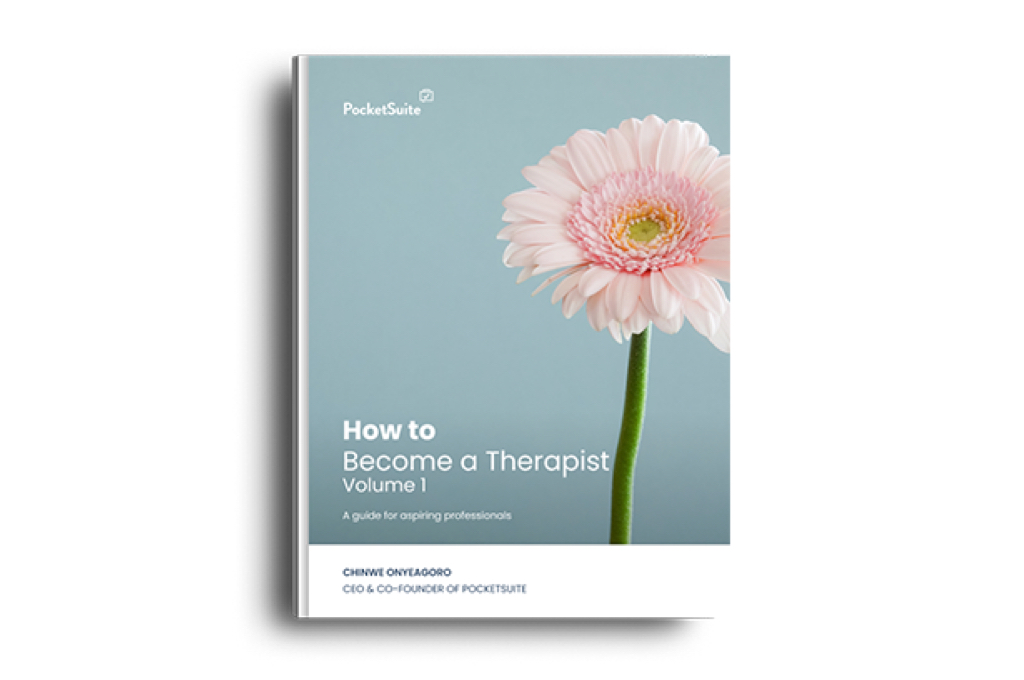Your advice for aspiring therapy professionals?
Breathe and be flexible, not to be so rigid. You know, just cause you utilize the practice, for many years doesn’t mean that has to be your go to practice. You can try out different ways of providing care. You can try out different ways of connecting with your community. The more flexible you are, the less rigid with how you connect and nurture your community. The more of that collaboration, you’ll have many referral bases. So if you can be that voice of reason to say, well, here’s what I’m providing, here’s when, here’s how I can, you know, get the services out to you. Then they’re going to latch onto that and those referrals are going to, send out in their distribution channels, their emails, and you’ll get that stream.
An important thing you learned?
You have to take it step by step and actually involve yourself with the community.
What is a Memorandum of Understanding?
A Memorandum of Understanding is just a document that says, Hey, your mission is kind of similar to my mission. We care about the community. Here’s what I’m willing to provide if this is what you’re willing to provide. And it builds that relationship with the referral channel as well. And those seem to be very, very strong. An example of that, there’s an elementary school in our local town and I said, Hey, in our memorandum of understanding, I’m willing to provide your teachers, your families, your students, two slots, two free slots if I can utilize your office space every other Saturday. And so that’s a memorandum of understanding and you get that conversation constantly going throughout the year.
Coaching vs Counseling vs Therapy?
With coaching it’s more like life coaching. I’ve got a future oriented modality of practice. We don’t really look at the past too much. We set up goals, we meet and try to work on progress with those goals. And usually you have a certification for coaching or a type of licensure for counseling. That’s kind of your first stage. You get out of school, you do some practice. Maybe you’re a counselor in training, so you’re providing skills in that sense. Again, you’re not providing therapy, it’s not therapeutic in a sense, but you’re practicing your active listening skills, your reflection skills, first stage.
Then with your therapy, that’s when it’s a little bit more intense. You got your masters, you’ve got a specialization, you’ve put in all those thousands of hours of work and practice and that’s where you’re going to see a lot of the long term, in depth, sometimes more solution focused work. You’re doing everything that you can think of based on what the client needs. You’re focusing on trauma, focusing on anger, you’re focusing on depression, anxiety, substance abuse, any sort of field that you’re able to get yourself further trained in every year.
Therapy in America?
We have to get to a point where we completely eradicate and de-stigmatize the idea of getting help, talking to someone, talking about very personal things with a professional. We’ve got to squash that as a nation. So imagine, we’re a microcosm of a larger society, a larger nation. So we are constantly tense and we build that stuff inside of us and we can’t share it. What does that say about the larger unit that we’re part of and how the larger units can operate?
6 Tips to foster your Mental Health Practice
-Create a Non-Profit extension /branch to your practice. This will open you up to more referral channels and streams of covering client sessions based on affordability.
– Create MOU’s (Memorandums of Understanding) with your referral channels. This will develop a deeper relationship with community contacts.
-Focus on streamlining your Access and Intake process. Try to remove as many obstacles that may exist between the client and your services.
– Increase your online presence! By not providing your services online, you are disregarding tons of online real estate, as well limiting various services to your community.
– Do not veer away from evidence based practices. Marketable worksheets / workbooks and the like will come and go, but sticking to scientifically, historically based theories and modalities are going to be what separates your practice from others.
-Meet your clients where they are! Financially, mentally, emotionally. You can learn and be impacted by your clients and sessions just as much as your clients do.


